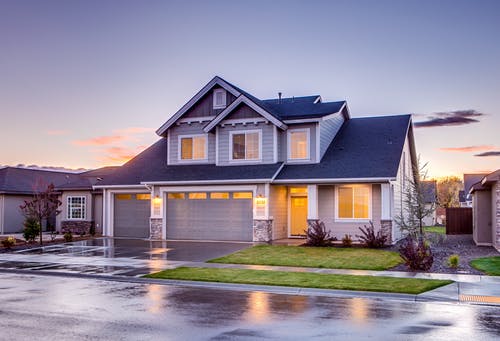Most homeowners encounter numerous obstacles in keeping their houses pleasant, including air leaks, uneven airflow, and other issues. It’s even more difficult to achieve maximum home comfort while avoiding excessive energy bills if you wish to save energy. If this sounds familiar, continue reading to learn crucial comfort tips that conserve energy.
Change your air filters.
The air filter in your HVAC unit is critical to the operation of your system. The filter prevents dirt from entering the system and fouling it. It collects all of the dirt, making it simple to remove. On the other hand, leaving an old filter in the machine results in reduced airflow. Changing your filter regularly will help enhance airflow and keep your system flowing like water.
You can also change the grade of the filter. Filters are graded according to what they can catch. If you suffer from seasonal allergies, consider upgrading to a higher-grade filter, which can remove numerous air allergens while keeping your home clean.
Consider purchasing a generator.
If power outages are often where you live, get a generator. Almost all residential amenities and appliances run on electricity. Without it, you risk losing your food or succumbing to excessive heat or cold. That’s why having a generator around is a good idea. You can put it up and have enough backup power to last until your neighborhood’s power is restored.
There are numerous generators to choose from, and your requirements determine the best one for you. Consider purchasing a whole-house generator if you need to power a dwelling. A portable generator would suffice if you only need to power a few things. In any case, knowing how to utilize your generator correctly is critical to avoiding difficulties.
Ensure that the area around your heat pump is clean.
Heat pumps are a popular alternative for residential heating and cooling. However, the system’s operation depends on the air-exposure around your pump. If something is blocking the region, your heat pump may not get the required exposure to pump air effectively. Make certain that the area around it is clean. You want it to have adequate ventilation so that it can function properly.
If you have several plants nearby, you should clean around your heat pump to keep them from getting in the way. When there are dried plants around, the pump can produce an excessive amount of heat. Remove as much as possible to keep your home secure.
Inspect the insulation in your home.
It’s fantastic to have a working HVAC system for heating and cooling. However, with good insulation in your home, you can do a lot more with it. Insulation deteriorates, moves out of place, and loses effectiveness with time. Inspect the insulation in your home to ensure it is in good condition.
Any damaged insulation should be replaced. This will significantly slow heat flow in your home, allowing it to remain at the desired temperature. As time passes, your HVAC system will work less, and you will be more comfortable.
Plan HVAC maintenance.
Preventive maintenance is excellent in identifying minor problems before they become significant and necessitate costly repairs. Service professionals need to inspect your HVAC system for leaks, broken components, and strange sounds that could indicate a problem.
Maintenance is best performed before the start of the next season. You’ll be fully prepared for extreme weather shifts this way. Furthermore, your systems will be more resistant to harsh weather. As a result, you won’t have to worry about a failing furnace or any other system when you need them.
Conclusion
Making your home a happy and healthy environment for your family is a major concern; a large part of it is determined by the temperature inside. Simple modifications in your home and how you use your HVAC unit can significantly influence your energy consumption, air quality, and comfort level.




